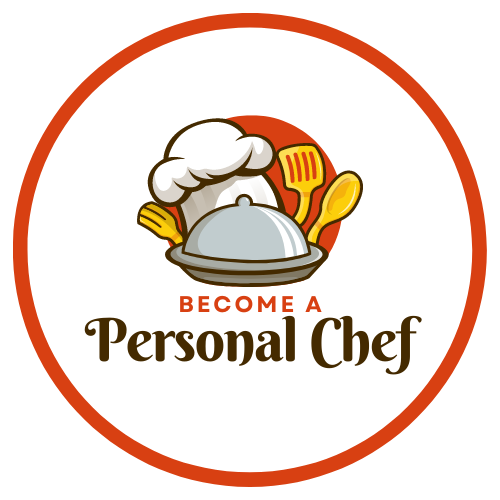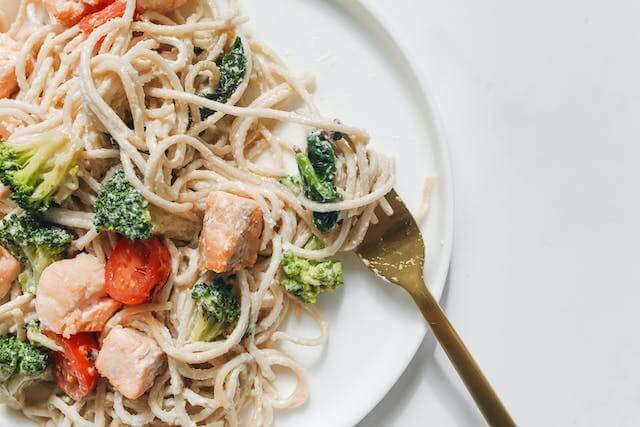Table of Contents
TogglePersonal Chef for Allergies
In today’s world, a growing number of people are managing allergies, making dining a challenging experience. As a personal chef, you can provide a safe and enjoyable dining experience for clients with allergies, setting yourself apart in the market.
Incorporating special diets into your services is not just about cooking—it’s about enhancing your clients’ quality of life through your culinary expertise. It may seem like a daunting task, but the rewards are immense. Read the giant list of special diets for personal chefs. Your next client might need your help!
Understanding Allergies
Food allergies involve an overreaction of the immune system to a particular food protein. When a person eats a food they’re allergic to, the immune system mistakenly sees it as a threat and releases substances to “protect” the body. This reaction can range from mild symptoms like itching or hives to severe, life-threatening conditions like anaphylaxis.
The Role of a Personal Chef
As a personal chef, you can play a crucial role in managing your client’s allergies. By preparing meals that are free from allergens, you can ensure their safety while providing them with delicious, balanced meals. This involves careful meal planning, ingredient selection, and cooking methods to prevent cross-contamination.
Special Tools and Guidelines
While there are no special tools required, having a thorough understanding of allergen-free cooking and the ability to prepare a variety of dishes using allergy-safe ingredients is essential.
Key guidelines to follow include:
- Know the Allergens: Understand what foods your client is allergic to and avoid them entirely in your cooking.
- Read Labels: Many packaged foods contain allergens, so always read labels carefully.
- Prevent Cross-Contamination: Use separate cooking utensils and cutting boards for allergen-free cooking.
- Substitute Wisely: Find safe substitutes for common allergens, like using almond milk instead of cow’s milk or chickpea flour instead of wheat flour.
Wondering what tools a personal chef might need? I’ve written an extensive article for you – A Comprehensive List Of Must-Have Tools and Essential Items for the Personal Chef
Finding More Information
For more information on managing allergies through diet, consider resources like the Food Allergy Research & Education (FARE), Mayo Clinic, or the American Academy of Allergy Asthma & Immunology. These organizations provide comprehensive guidelines on allergy-friendly diets.
Marketing Your Service
To market your specialized diet service, highlight the safety measures you take in preparing allergen-free meals. Share testimonials from clients who’ve enjoyed worry-free dining thanks to your services, and showcase enticing photos of your allergy-friendly dishes.
Consider partnering with local allergists—they can refer patients to you, and you can provide them with safe and delectable meal options.
Personal Chef for Allergies
As a personal chef, you have a unique opportunity to make a real difference in your clients’ lives. By providing a specialized diet service for clients with allergies, you’re not just cooking food; you’re providing peace of mind and enabling them to enjoy food without fear.
Embrace this challenge, continue to learn and grow, and remember: every meal you prepare is a step towards a safer, happier dining experience for your clients.
Eager to unlock the secret of a thriving personal chef business? Dive into our comprehensive guide that lays out every step and strategy you need to master. Don’t miss out, read my Become A Personal Chef article for an in-depth exploration of your future successful career as a personal chef!

